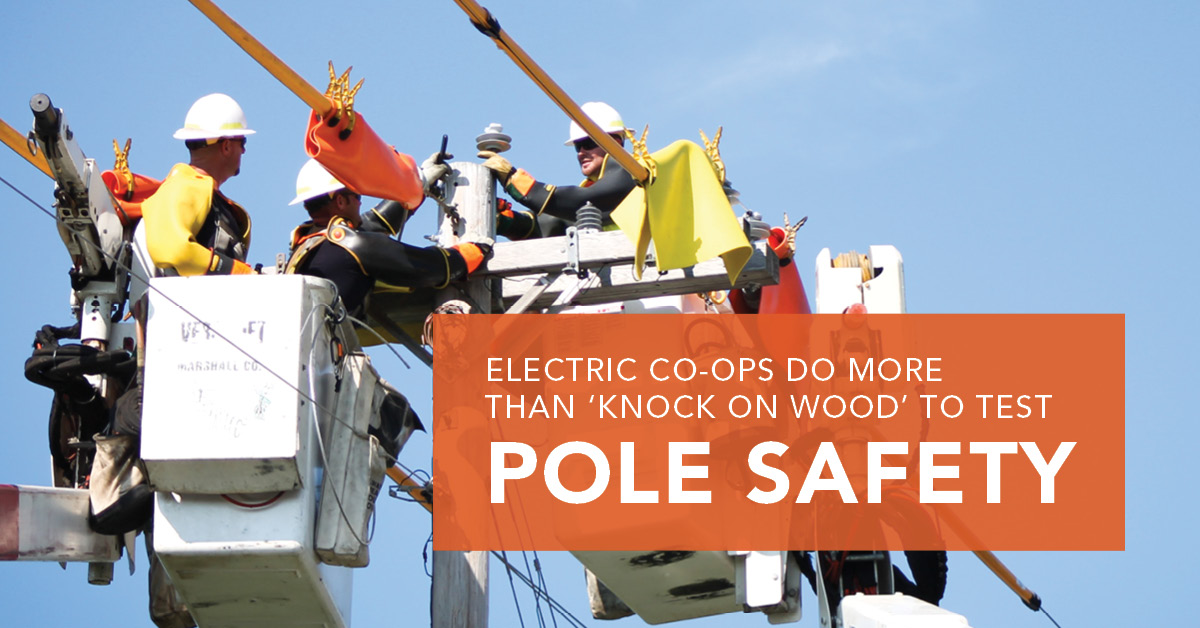Thanks to electricity, Indiana’s farm animals enjoy a level of comfort and cleanliness that wasn’t even imaginable a century ago. However, the wonders of electricity also carry some dangers for livestock and other animals, cautions Rick Coons, CEO at Indiana Electric Cooperatives.
“Just as electricity can kill or injure humans, it can be deadly to animals that come into contact with it,” explains Coons. “Knowing the hazards and taking steps to prevent them is the key to keeping your animals healthy.”
One hazard that has gained increased attention as the size of Indiana herds has grown is stray voltage. “When your farm has an electrical grounding system that is designed and operated safely, there will always be some stray voltage,” Coons says. “It’s part of the physics involved with electricity, and it is generally harmless.” An animal may encounter stray voltage when it touches any metal equipment that is connected to a “neutral” electrical wire. A current of around one or two volts, comparable to a flashlight battery, may flow through the animal.
“In most cases, the animal won’t notice the voltage, and it won’t affect its health,” says Coons. “But if there’s a problem with the wiring, animals may feel slightly higher voltages that can affect their behavior. If you suspect that you may have a problem with stray voltage, call the co-op for advice.”
There are many other ways in which Hoosier farmers can protect animals from electricity, among them:
- Make sure that electrical connections are located where animals cannot reach or chew on them.
- Keep lights, extension cords, and other electrical devices out of the animals’ reach.
- Limit the use of extension cords for temporary purposes. Always inspect the cords before attaching them to equipment. If you have an ongoing need for electricity in a certain area, install a permanent, protected feed.
- Check cords that are attached to water tanks to ensure that the insulation is sound.
- Make sure that emergency generators are located in areas when emissions will not poison animals.
“Farmers understand the importance of taking care of their investment in animals,” Coons notes. “Following safe electrical practices is just one aspect of that.”
SOURCES: About.com, Farm Animal Council (Canada), Idaho Power, Midwest Rural Energy Council.





